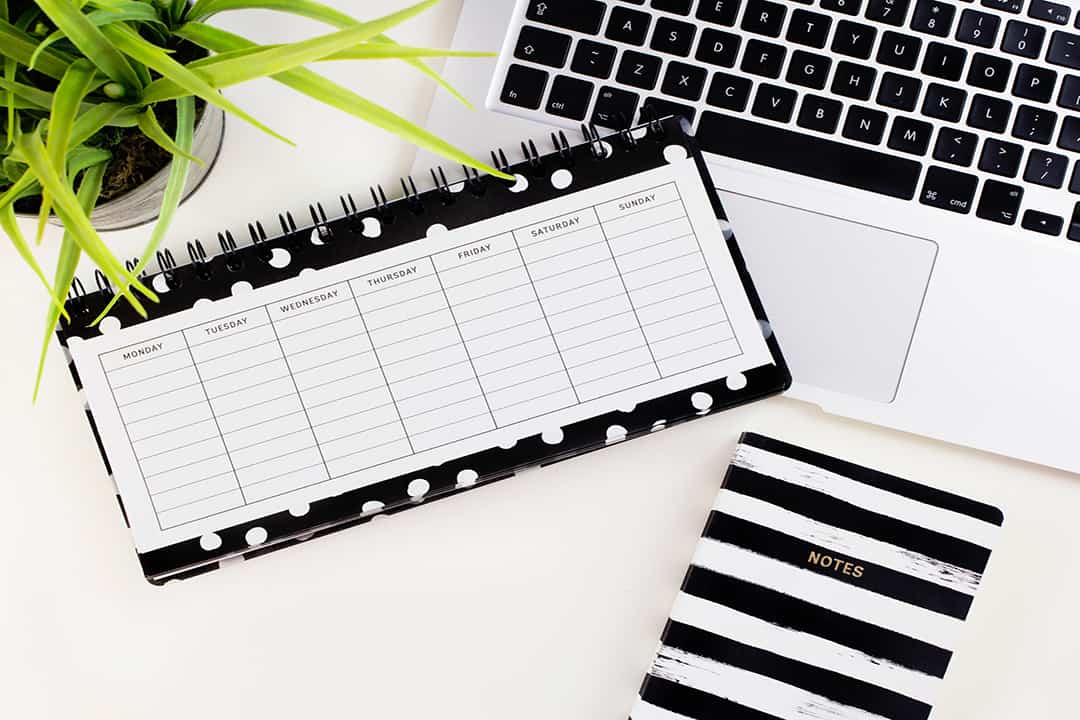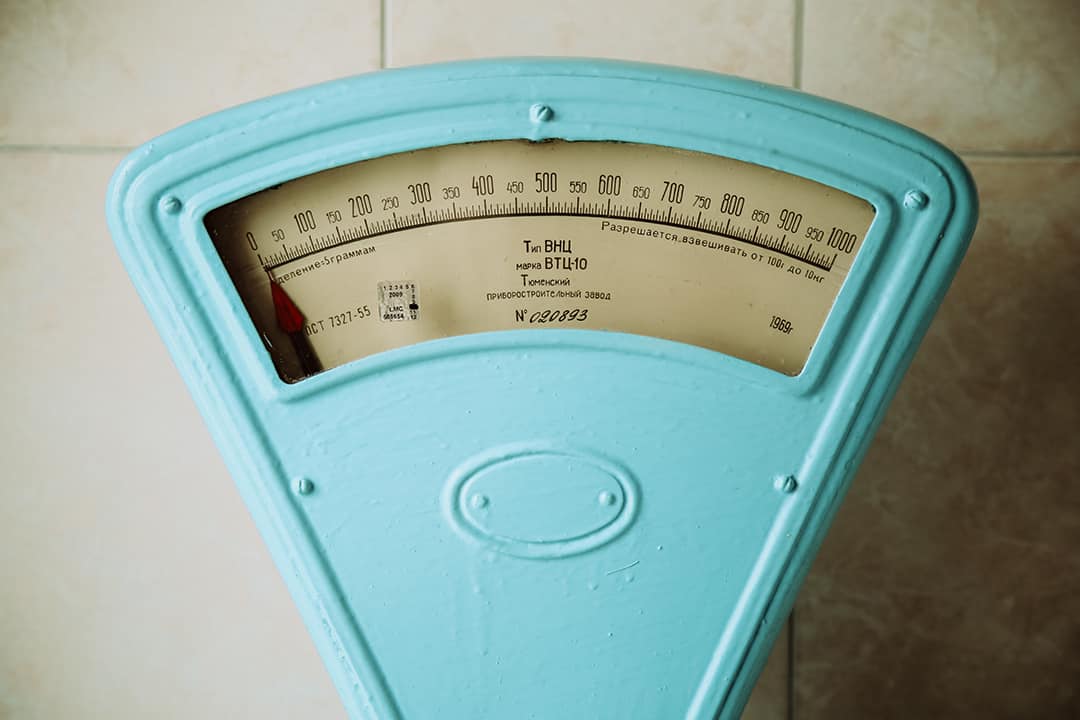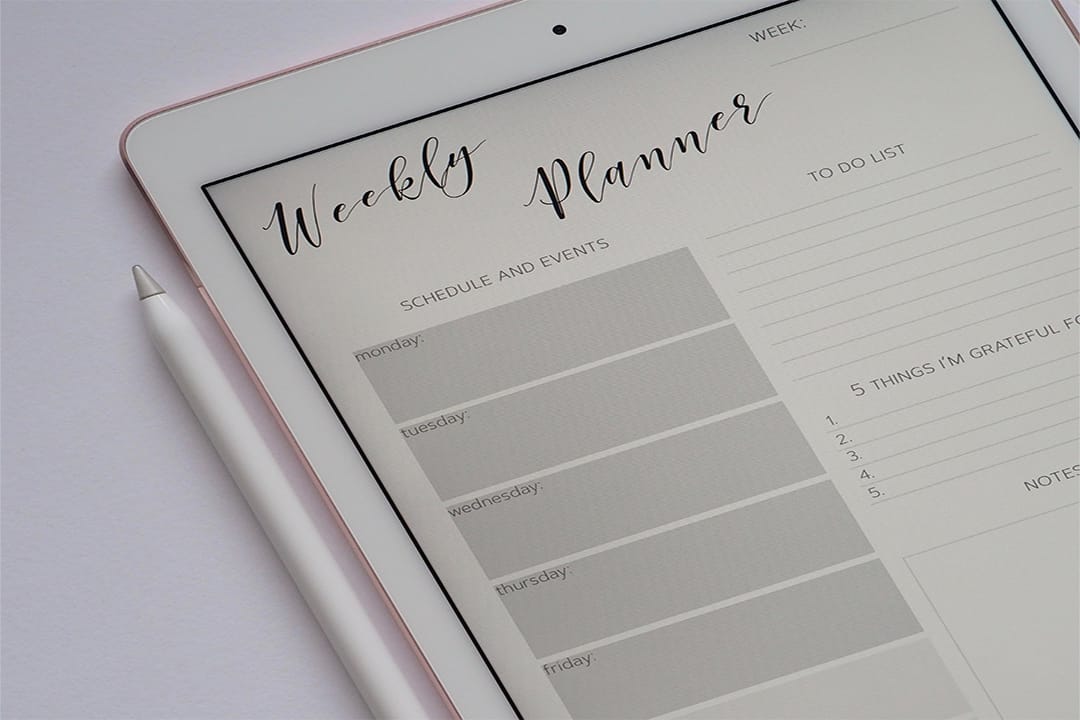How to make an effective checklist
Making a checklist is a superb way of taking control of your life and making good decisions. However, just the act of writing a checklist will probably not get you far. If done right and with a few key components, you can make one successful decision after another, and prevent your life from becoming an overwhelming, unproductive and unhealthy ordeal. So, here are the most important elements that every checklist should have:
- The Why:
Start by asking why you need to write a checklist. Some of the common reasons are because there’s not enough time to accomplish everything to be done or there’s a huge life decision to be made and you have no idea where to start. Alternatively, you could be feeling increasingly forgetful or severely disorganised and decide that enough is enough! Well, these are pretty good reasons to start a checklist.

However, these are not the only reasons. You also need to ask yourself why you want to use a method of list-writing and what you are hoping to achieve by the end of it (the good thing is that you can also list this down). Try thinking about why you are considering a list and exactly how it can help you achieve what you wish to. This act gives your list-making purpose, and anything that has purpose creates motivation.
- Starting and Staying Consistent:
The next question that follows the why is the how: How to even start? Well, from experience we can tell you that actually starting is the hardest part. Once you get over that hurdle, then all you need is a framework or set of guidelines that can keep you consistent in your listing activities.
So, how do you start? Surprisingly, it actually doesn’t matter how you start – what matters is that you do. Some prefer writing down their guidelines first while others just word-vomit onto the page and think about organisations and frameworks later. Either way is perfectly okay, and you’ll see that once you make a start then it will become fairly obvious how to organise your list and create a good framework to keep updating it. For example, when you’ve put all the details down you can realise that actually a table-list is better or starting a running check-list for those items with no fixed deadline is a good idea. The end result will be that you probably have multiple lists but you will be more organised and feel less overwhelmed than when you hadn’t started.

Well, how do you stay consistent? This is the fairly easy part, but it’s the part that matters because how you decide to update your list or keep adding items can make or break your list-writing. A great way of staying consistent is setting a time on your calendar to recheck and review your lists; you don’t have to check all your lists on one day. You can spread them out in one week a month. Another good way of staying consistent is setting a time frame for each item on your list and add it to your daily routine – this way it stops being an abstract thing and starts becoming something that is manageable. Additionally, your time frame can be flexible depending on the nature of the task you need to do, ranging from hours to weeks/months – but remember to set a realistic time frame for yourself.
- Use a Mental Weighing Scale:
Based on your personality and experiences, there are going to be certain things that are of more importance to you than others. This is exactly what you need to show on your checklist. Your lists should be a reflection of who you are and what you have experienced, but more than that – it should also be a reflection of how you have weighed each item on the list on your mental scale.

Each point on your list cannot have the exact same weight or importance, because even in reality not everything is weighed equally. In order to be realistic and manage expectations, you should consider prioritising each item on your list depending on your lifestyle routine, ambitions and personal preferences. Be careful though, because it’s easy to give more weight to items we desire rather than those that we need. Seriously thinking about what you want vs. what you need, and how to weigh those items appropriately to help you get there, is vital and no checklist can stay effective for long without this key element.
- It’s not a One-Size-Fits-All:
Using checklists is not a standard method. You don’t have to write a conventional list if it doesn’t appeal to you. When it comes to organising your life, you can decide to be as creative and eccentric as you want. So, if you’d like, then try modifying this method to something that suits you; for example, you can write a to-do list, a pros/cons list or priorities list, even draw up a mind-map or visual list instead. You can even decorate your list-writing space to get you in the mood of setting your priorities together and your ideas in motion.

A little investment into your organisation can take you straight to the doors of well-being and success, whether it is success in your workplace, home or education. Success can come in different forms, just like the methods we use to obtain it. So, don’t be too hard on yourself, and appreciate the fact that you are your own person who has individual likes, dislikes and preferences.
- There are Always Unknown Unknowns:
No matter how much time and energy you dedicate towards making lists, there is always going to be something you miss, forget or don’t even think of at all. There is always going to be an unknown. Instead of beating yourself up over it, try to accept that there’s no way you can ever know every single thing. There’s no way that any one of us can know everything, which means that there is going to be something we don’t know exists and leave out. You could try to do some light research into what possible things you can miss, but don’t aim to be an exhaustive list. The good thing is that you can easily just add the item when you remember it!

- Don’t forget the Bigger Picture:
Taking all your extra time to complete your lists can be a big compulsion for you once you start, but you have to remember that you are a human being who has needs – one of them is to rest and recuperate. Trying to organise your time and your life is a really good initiative, but don’t lose sight of the bigger picture.
What you could do is include time in your lists and schedules for self-care, rest and time with your family, friends and colleagues. Having days where you just stay in bed and relax all day is not a crime, so don’t feel self-conscious when you do. You’re always going to have a list or to-do item waiting for you, but you have to be in the right frame of mind to commit to each item.

Now you can get on with making an effective checklist and setting yourself on a path to productivity.
By the way, writing lists are not for everyone – so if you are the type of person who hasn’t benefited from this method (despite including the above elements) then there are plenty of other methods of getting organised and living with the here and now.





It’s really important to plan and commit, to have a proper structure and retain till you achieve your wants. I’m looking for another article that focuses on consistency in Salah and remembrance of Allah.
Bdw I hear that someone is calling me from behind and when I turn back I see nobody. It’s happening since yesterday. Kindly mail me a response.
Jazakallaahu khairan,
Mohsin Ahmed.